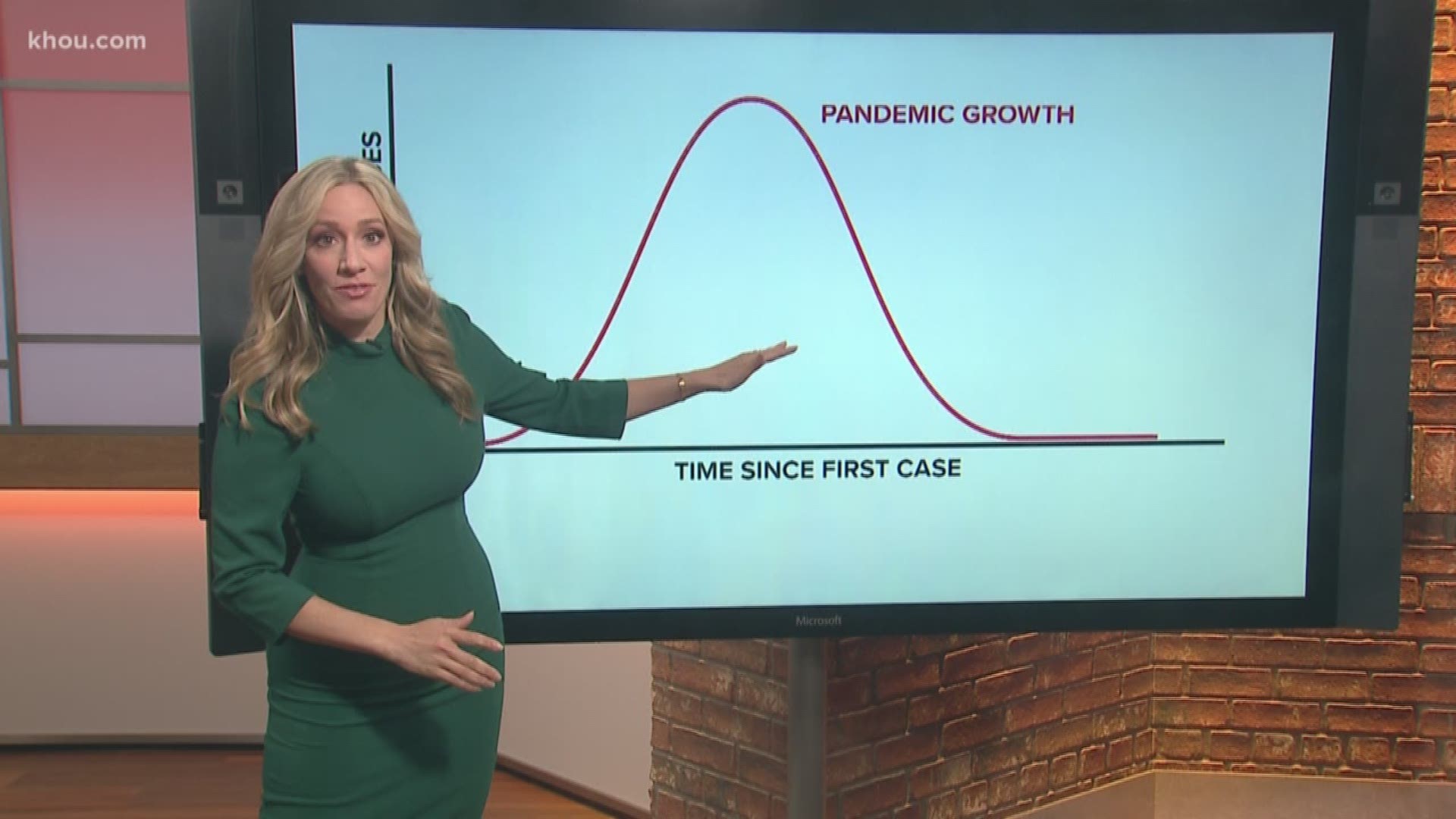GALVESTON, Texas — The city of Galveston has issued two executive orders closing all public beaches and restricting vehicle traffic on the beach west of the end of the Seawall for the next seven days.
The orders went into effect 2:45 p.m. Sunday and will end April 5, according to a release. The Galveston Island Beach Patrol and Galveston Police Department spent Sunday afternoon instructing beach goers to vacate.
The orders are part of the city of Galveston’s response to the COVID-19 public health crisis. To date, Galveston County Health District has confirmed 60 cases of COVID-19 within the county.
Violation of either order is considered a class C misdemeanor and is punishable by law.
The city of Galveston has implemented a series of orders under a March 16, 2020 emergency declaration signed by Mayor Jim Yarbrough to prevent the community spread of COVID-19.
Galveston leaders tried to avoid closing public beaches to give residents an area for exercise and to get fresh air while maintaining safe social distancing.
"However, it is clear that there are many people visiting from other areas in defiance of local, state and national travel recommendations and/or restrictions. As a result, the City of Galveston must restrict access to the public beach," city officials said in a statement.
The Texas General Land Office will not allow the beach to remain open to residents only. As a public beach, it must be closed to all.
Coronavirus symptoms
The symptoms of coronavirus can be similar to the flu or a bad cold. Symptoms include a fever, cough and shortness of breath, according to the Centers for Disease Control. Some patients also have nausea, body aches, headaches and stomach issues. Losing your sense of taste and/or smell can also be an early warning sign.
Most healthy people will have mild symptoms. A study of more than 72,000 patients by the Centers for Disease Control in China showed 80 percent of the cases there were mild.
But infections can cause pneumonia, severe acute respiratory syndrome, kidney failure and even death, according to the World Health Organization. Older people with underlying health conditions are most at risk for becoming seriously ill. However, U.S. experts are seeing a significant number of younger people being hospitalized, including some in ICU.
The CDC believes symptoms may appear anywhere from two to 14 days after being exposed.
Human coronaviruses are usually spread through...
- The air by coughing or sneezing
- Close personal contact, such as touching or shaking hands
- Touching an object or surface with the virus on it, then touching your mouth, nose or eyes before washing your hands.
Help stop the spread of coronavirus
- Stay home when you are sick.
- Eat and sleep separately from your family members
- Use different utensils and dishes
- Cover your cough or sneeze with your arm, not your hand.
- If you use a tissue, throw it in the trash.
- Follow social distancing
Lower your risk
- Wash your hands often with soap and water for at least 20 seconds. If soap and water are not available, use an alcohol-based hand sanitizer.
- Avoid touching your eyes, nose, and mouth with unwashed hands.
- Avoid close contact with people who are sick.
- Clean and disinfect frequently touched objects and surfaces.
- If you are 60 or over and have an underlying health condition such as cardiovascular disease, diabetes or respiratory illnesses like asthma or COPD, the World Health Organization advises you to try to avoid crowds or places where you might interact with people who are sick.
Get complete coverage of the coronavirus by texting 'FACTS' to 713-526-1111.
OTHER COVID-19 STORIES ON KHOU.COM
- Map: Keeping track of Houston-area coronavirus cases
- Gov. Abbott expands order requiring certain travelers to quarantine, issues order banning the release of 'dangerous felons'
- Harris County Jail inmate tests positive for coronavirus, 30 other inmates showing symptoms
- COVID-19 patient who left heartwarming note for Cleveland caregivers shares story of survival
- Trump: No quarantine, but 'strong Travel Advisory' for Connecticut, New York, New Jersey

